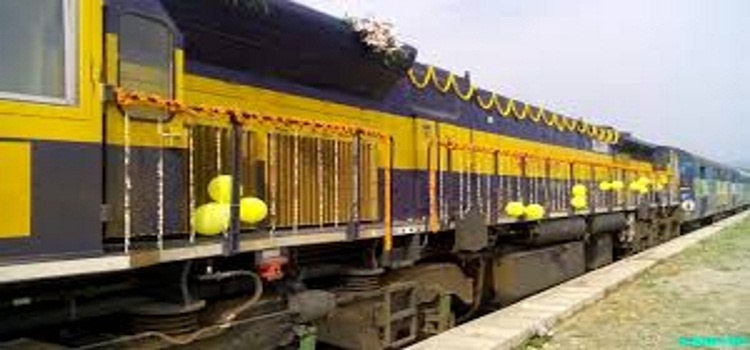
The Railways is sourcing 80,000 bio-toilets from nine firms, of which almost 33,000 have been installed as of November-end.
The firms include JSL Lifestyle, Amit Engineers, Victoria Auto, Oasis Fabricators, Omax Auto, Hindustan Fibreglass Works, Mohan Rail Components and Rail Fab, and RailTech.
“These 80,000 biotank toilets will be fitted in 20,000 coaches with four toilets in each coach. The cost of these toilets is about ₹1 lakh each — resulting in an expense of about ₹4 lakh a coach,” a government official explained.
Use of these biotanks is a part of Indian Railway’s project to have coaches fitted with toilets that prevent passengers’ poop from emptying on the tracks — as is the case right now.
The move of having bio-toilets is aimed at not just preventing tracks from getting soiled, but also avoiding them from getting corroded.
In these biotanks, the Railways uses a bunch of bio-digesting bacteria that do not require oxygen and consume human faecal matter — converting it to disinfected water that gets discharged on, carbon dioxide and small volumes of hydrogen and methane gas.
Implementing the project has been challenging. The challenges include tanks getting choked with plastic bottles and sanitary napkins. The Railways is considering placing dustbins in the toilets, the Railway Minister Piyush Goyal said in a conference recently.
The Railways is also tracking the performance of the bio-toilets and deal with causes that lead to choking and other reasons that lead to failure of these toilets.
To get funds for the project — which meets the twin objectives of cleanliness and safety — the Railways had been trying to source money from its depreciation reserve fund account and the Swachh Bharat Kosh.
